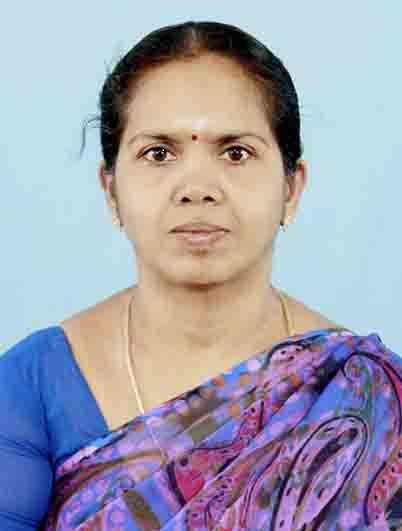Week- I
1. Introduction to Computers, Characteristics of Computers, Uses of Computers
2. Types and Generations of Computers
3. Units of a computer, CPU, ALU
Week - II
4. Memory Hierarchy, Registers
5. I/O devices
Week - III
6. Concept of problem solving , Problem definition, Program design
7. Debugging, Types of errors in programming, Documentation
8. Algorithms
9. Flowchart
Week - IV
10 Flowchart using Raptor Tool
11. Pseudocode
12. Structured programming concepts
13. Programming methodologies viz. top-down and bottom-up programming
Week - V
14. Structure of a Python Program, Elements of Python
15. Python Interpreter, Using Python as calculator
16. Python shell, Indentation, Atoms, Identifiers and keywords
17. Literals, Strings
Week - VI
18. Types of Operators
19. Input and Output Statements
20. Conditional Statements
Week - VII
21. Control statements : while and for statements, nested loops
22. Difference between break, continue and pass
23. Lists
24. Tuples
Week - VIII
25. Dictionary, Date and time
26. Defining Function, User Defined Functions
27. Passing Arguments and Lambda Functions
28. Creating class and objects, Constructors
Week - IX
29. Getter and setter methods, static methods
30. Inheritance
31. Exception Handling
Week - X
32. Modules, import statement
33. Packages
34. File handling
35. Event Driven Programming
Week - XI
36. GUI Programming
37. Database Programming
38. Data Analytics with Python
Week - XII
39. Client server programming with Python
40. Internet Data Handling and web Programming

DOWNLOAD APP
FOLLOW US